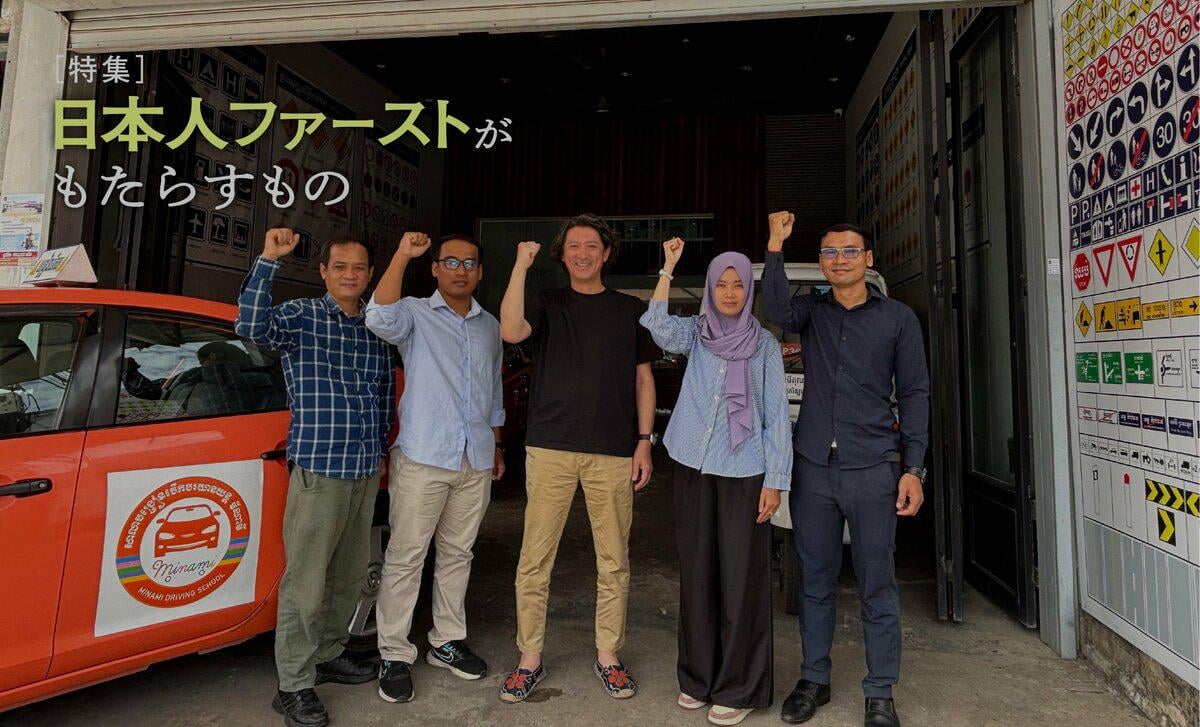
In the upcoming election on the 20th where foreign policy is a key issue, several political parties in Japan are pushing for stricter regulations on foreign workers. With Japan’s shrinking and aging population, questions arise about how to manage these changes without harming the economy.
The bus industry, facing route closures and reduced services, illustrates the crisis. Ryosuke Kobayashi, president of the Foreign Driver Support Organization, highlights that a shortage of drivers poses serious challenges, especially as many current drivers approach retirement age. The industry struggles with attracting new drivers due to a decline in young people interested in driving, low salary levels, and limited opportunities for pay raises.
Last year, the government added “automobile transportation” as a specific skill category for foreign workers to address these shortages. However, the requirement for higher proficiency in Japanese for bus and taxi drivers compared to truck drivers has been a hurdle, though there are proposals to ease these requirements.
The election has brought attention to foreign worker policies, with some parties advocating against accepting foreign workers, citing potential threats to national interests. Kobayashi questions whether Japanese consumers are ready to accept reduced service levels without foreign support.
Japan’s logistics services are highly efficient but difficult to maintain without foreign drivers, particularly in major disasters. Indeed, transporting goods to disaster areas poses a significant challenge under current labor laws and driver shortages.
As Japan’s population is unlikely to provide enough drivers alone, Kobayashi emphasizes the need to rely on foreign drivers. The main concern, however, is their adaptability to Japan’s high service standards. To address this, Kobayashi has been preparing by providing Japanese-style driver education in Cambodia for nearly a decade.
The recent election’s focus on “Japan First” politics could undermine daily life. Kobayashi argues Japan risks losing its current living standards without foreign support, and cautions that any incidents involving foreign drivers could jeopardize the current system.
Ultimately, Kobayashi notes, the real challenge might be finding foreigners willing to work in Japan under current wage conditions, which is essential to maintaining key services like hospitals, care facilities, and transportation.
by MagazineKey4532
